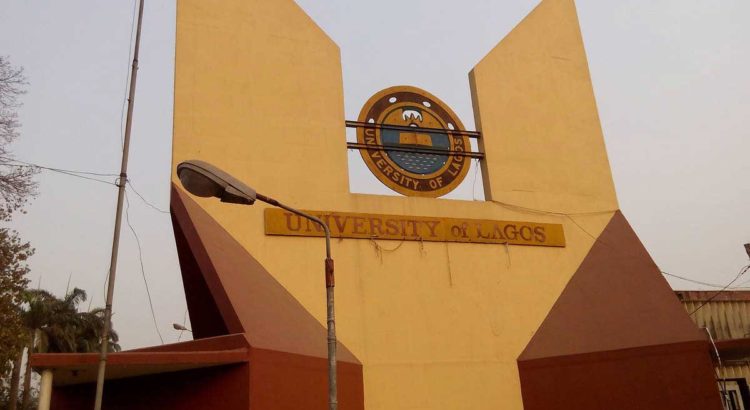África/Nigeria/Noviembre de 2016/Fuente: The Guardian
RESUMEN: Nigeria y, de hecho, el continente africano deben trabajar para mejorar su stock de científicos, si se debe observar un crecimiento acelerado, incluido el desarrollo económico, social y sostenible. Esto establece, por lo tanto, el imperativo de reposicionar la enseñanza y el aprendizaje de la ciencia en el país y en el continente, que es el nexo para realizar esto. Este fue el consenso de los expertos que convergen en la Universidad de Lagos (UNILAG), para el Festival Anual de Ciencia, Tecnología, Ingeniería, Medicina y Matemáticas (STEMM), organizado por la Fundación de Embajadores Científicos (SAF).
Nigeria and indeed the African continent must work towards improving her stock of scientists, if accelerated growth, including economic, social and sustainable development must be witnessed.
This therefore establishes the imperative to reposition the teaching and learning of science in the country and on the continent, which is the nexus to realising this.
This was the consensus of experts who converge on the University of Lagos (UNILAG), for the yearly Science, Technology, Engineering, Medicine and Mathematics (STEMM) Festival, organised by Science Ambassadors Foundation (SAF).
The forum, which had as its theme, “Experiential Science Education: Prerequisite For Sustainable Development In Nigeria,” had over 100 public and private schools in attendance.
Head, Polymer and Textile Technology Division, Federal Institute of Industrial Research (FIIRO), Oshodi, Lagos State, Dr. Chika Ezeanyanaso, in her keynote address, highlighted the need for government at all levels to urgently incorporate experiential science education in its educational policies and ensure its strict implementation.
Enumerating the importance of science education in our individual and national lives, she said, “Experiential science education would not only help increase scientific literacy in the country, it would also excite and enthuse children with a sense of awe and wonder at the natural world. It would make them to be proficient at practical work and use of scientific equipment; aid them to know, understand at an abstract level, and be able to apply important scientific theories.
“For any nation, including Nigeria, to attain sustainable development, there is need to recognise science education as a priority area of education for her citizens. Science education is vital to promote a culture of scientific thinking and inspire citizens to use evidence-based reasoning for decision making. It would ensure that citizens have the confidence, knowledge and skills to participate actively in an increasingly complex scientific and technological world.
Country Director of SAF, Mrs. Chinyere Nnabugwu, in her presentation, said, “Advancement and growth of a country depends on trade. This has been so for ages past. The only difference is in the product or service used as a medium of exchange. In the 21st century and beyond, Information and Communications Technology (ICT) are the driving force for the vibrant economies of the industrialised nations.
“Taking a cue from most developed nations, we will discover that their curriculum and science education policy, and its implementation are key ingredients to their technological advancement.”
It is therefore key to note that some countries export human capital as a source of revenue. Looking inwards, Nigeria is blessed with resources (human and material) for the astronomical development it clamors for; the missing bridge in the equation has been the technical know-how.
“If this trend goes on unchecked, the current challenges bedeviling our economy as a dependent consuming and unproductive economy will be a joke. It is to this end that we make bold to state that our options are limited if the survival of our nation and wellbeing of our children is of paramount concern to us,” she submitted.
On the way forward she said, “We must advance activities, undertake actions, conceptualise concepts and programmes that will complement that of other stakeholders that will ideally encourage, support, and inspire, our children to explore and be engaged in prospects and platforms in the sciences to create constructive and relevant contribution to the prosperity and posterity of our people and nation.”
Fuente: http://guardian.ng/features/education/africa-needs-more-scientists-for-accelerated-economic-social-development/






 Users Today : 11
Users Today : 11 Total Users : 35404634
Total Users : 35404634 Views Today : 12
Views Today : 12 Total views : 3334222
Total views : 3334222